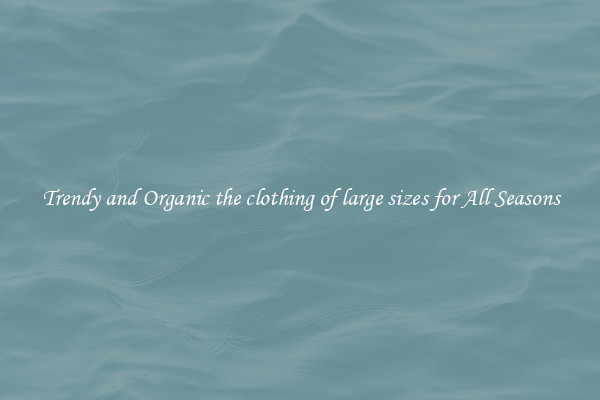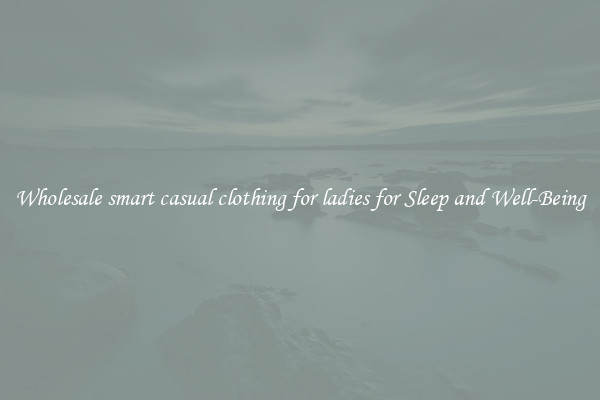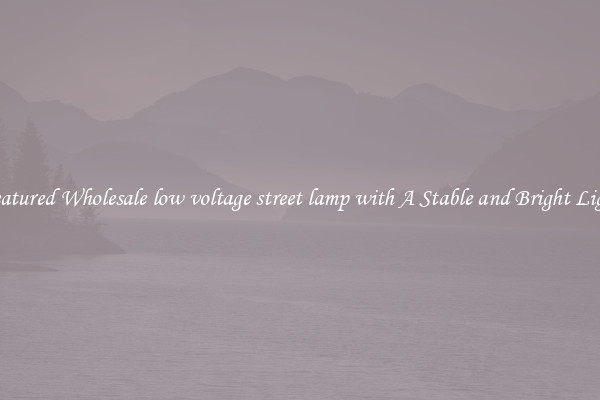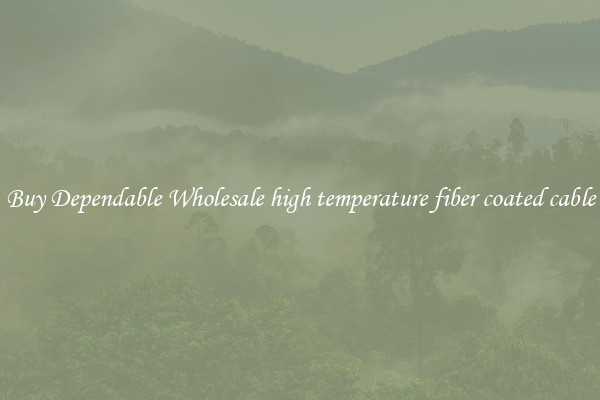Flexible Wholesale hydrophilization For Clothing And More
Wholesale hydrophilization, also known as moisture-wicking treatment, is a popular process in the textile industry that enhances the performance of fabrics by making them more water-absorbent. This treatment is commonly used in a variety of products, including clothing, towels, beddings, and even medical textiles. However, traditional methods often involve harsh chemicals and can negatively impact the flexibility and durability of the fabric.
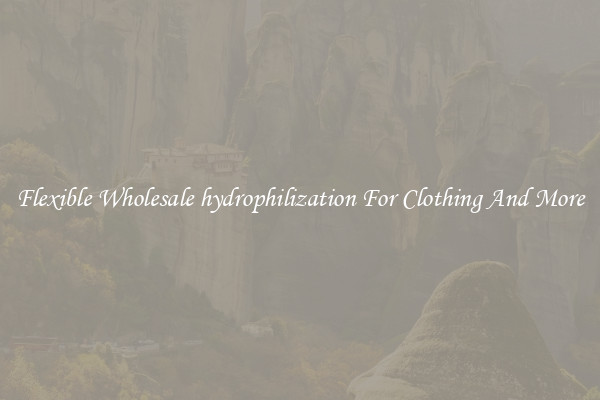
With the increasing demand for high-quality, comfortable, and functional textiles, flexible wholesale hydrophilization has emerged as a game-changer in the industry. This innovative approach not only improves the water absorption capabilities of fabrics but also ensures they remain flexible and retain their original properties.
One of the key advantages of flexible hydrophilization is its versatility. It can be applied to a wide range of fabrics, including natural fibers like cotton, as well as synthetic materials like polyester and nylon. This means that clothing manufacturers can easily incorporate these moisture-wicking properties into their products without compromising on the variety of fabrics they offer.
Moreover, flexible wholesale hydrophilization offers enhanced breathability. Fabrics treated with this method allow air to circulate more freely, thus minimizing discomfort caused by perspiration during physical activities. This is why sportswear and activewear have become popular applications for this treatment, as it helps athletes stay cool and dry while providing maximum comfort and flexibility.
In addition to sportswear, flexible hydrophilization has found its way into everyday clothing. Shirts, pants, and dresses with moisture-wicking properties have become increasingly desirable for individuals leading active lifestyles or working in hot and humid environments. Even undergarments have benefited from this treatment, as it helps prevent the build-up of sweat and promotes better hygiene.
Not only does flexible wholesale hydrophilization provide functional benefits, but it also contributes towards sustainable fashion practices. As consumers and manufacturers become more concerned about the environmental impact of the textile industry, utilizing this treatment allows clothing to be more durable, reducing the need for frequent replacements. Additionally, some variations of hydrophilization are biodegradable, further reducing the negative impact on the environment.
Overall, flexible wholesale hydrophilization has revolutionized the textile industry by providing a sustainable and versatile solution for enhancing the functionality of fabrics. Its ability to improve water absorption while maintaining flexibility and durability makes it an ideal choice for clothing, sportswear, and various other applications. As the demand for high-performance textiles continues to rise, this innovative process will play a vital role in meeting consumer expectations for both comfort and functionality.

View details

View details

View details

View details
